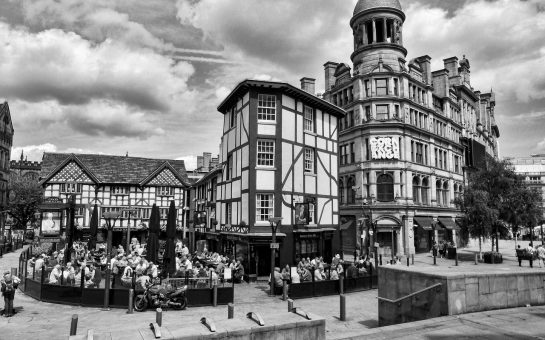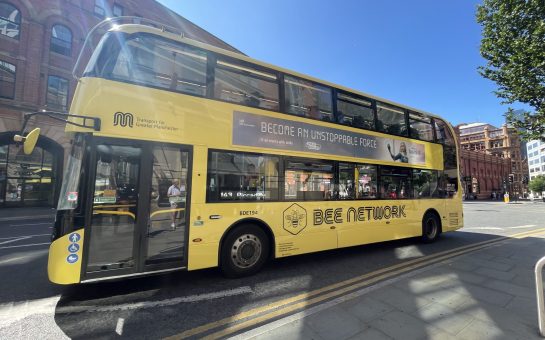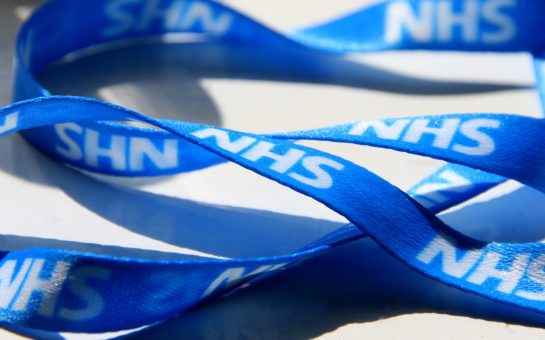Greater Manchester is set to have a directly elected mayor who will preside over regional issues, George Osborne has announced.
The Chancellor believes the devolution plans, which will come into effect in 2017, constitute the beginnings of a ‘northern powerhouse’.
Under the proposals, which come just two years after Greater Manchester voted against having a directly elected mayor, the mayor will oversee policies such as transport, social care and housing.
“This is a massive moment for the north of England and our plan to build the Northern Powerhouse,” said Osborne.
“I have reached agreement with the civic leaders of Greater Manchester to create the first metro-wide elected mayor outside of London.
“This will give Mancunians a powerful voice and bring practical improvements for local people, with better transport links, an Oyster-style travel card, and more investment in skills and the city’s economy.”
The agreement is aimed at maximising the economic potential of the north and will build on the work of the Greater Manchester Combined Authority established in 2011.
It is hoped the devolution deal will help up to 50,000 people back into work on the back of a combined budget of £100million.
Lord Peter Smith, chair of GMCA, said: “Make no mistake, this devolution settlement is a momentous day for Greater Manchester.
“It gives us greater control over our own destiny in several key areas and the ability to base decisions on local priorities and needs rather than on ‘one size fits all’ dictates from Westminster.
“This isn’t about taking powers from individual Greater Manchester authorities. It’s about powers coming down from central government to a more localised level.”
The announcement is the latest step in the government’s long term economic plan to reduce the financial gap between north and south, London and the rest of England.
Greater Manchester and government will now work together to implement the steps outlined in the plans taking it through each local authority and holding a public consultation.
“Today’s settlement is a huge move forwards and a road map for the future,” said Sir Richard Leese, vice chair of GMCA.
“Greater Manchester has been in the vanguard of the national devolution debate.
“We are extremely pleased that we can now demonstrate what a city region with greater freedoms can achieve and contribute further to the growth of the UK.”
The historic announcement comes on the back of months of negotiations with the Chancellor but is just a first step for the GMCA.
Sir Richard has stated the GMCA’s ultimate ambition for full devolution of public spending in Greater Manchester which currently stands at around £22 billion a year.
Chris Fletcher, the Director of Policy & Communications at Greater Manchester Chamber of Commerce, believes the announcement presents a long overdue opportunity.
“The announcement is a genuine game changer for business and residents. We have to make sure that business responds and reacts to take advantage of this,” said Mr Fletcher.
“it is obvious from the pace and scope of the announcement that this is not only a major change in policy and local governance, but also a major opportunity for Greater Manchester.”
“For too long businesses have been frustrated with decisions that impacted on them but had little if any input that reflected their views.”
The Chancellor has also announced his intentions to open conversation with other cities in the north of England in an attempt to replicate the devolution plans.
Sir Richard is the early front runner with Ladbrokes to be the first directly elected mayor of Greater Manchester, at 3-1.
Meanwhile Police and Crime Commissioner Tony Lloyd whose role will be merged with that of the mayor is second favourite at 5-1.
Other names touted to be Greater Manchester’s first mayor include Danny Boyle, Morrissey and the currently unemployed David Moyes.
Image courtesy of The Conservatives via YouTube, with thanks.



